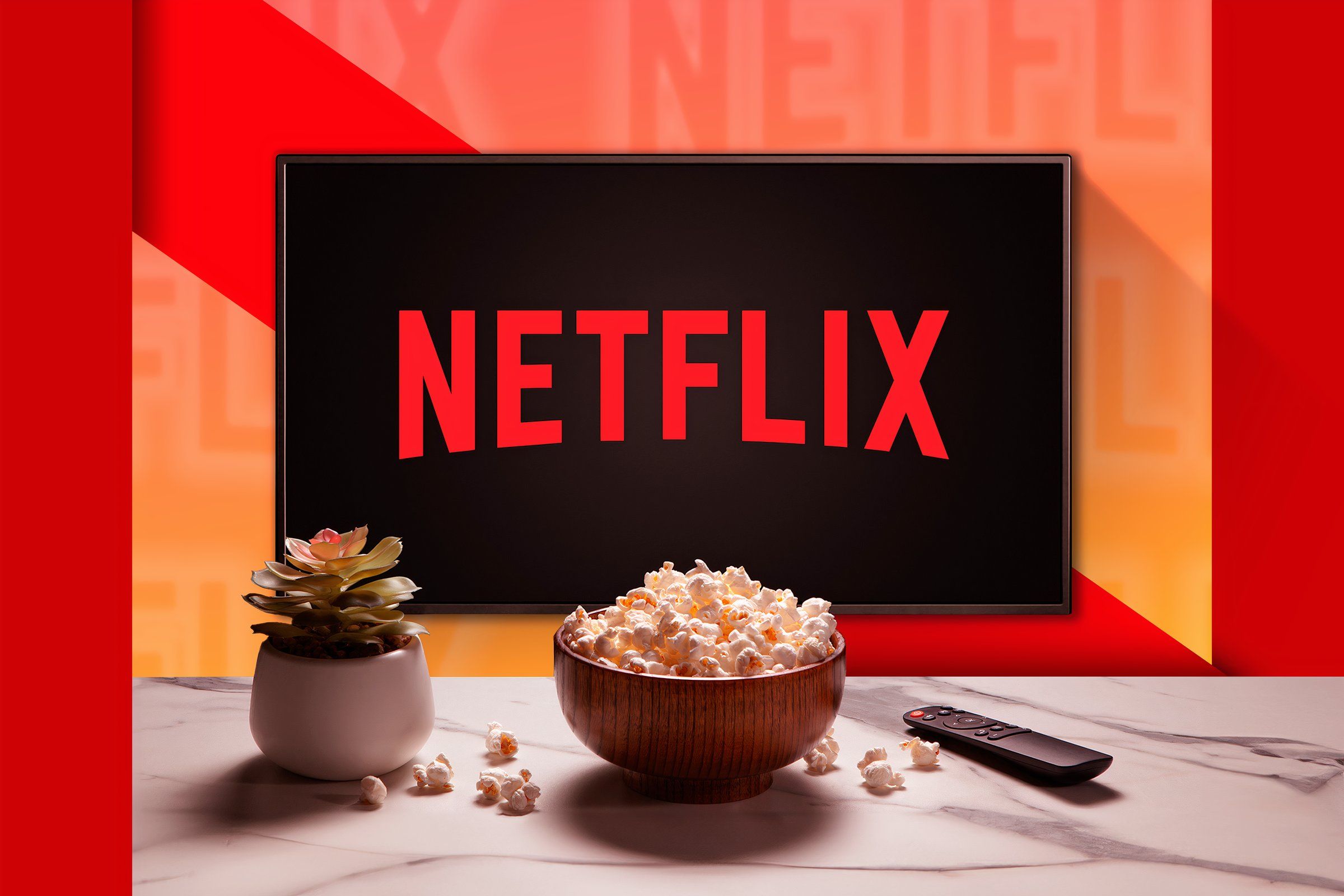 | submitted by /u/mvea to r/science [link] [comments] |
Plastic producers have pushed "advanced recycling" as a salve to the plastic waste crisis despite knowing for years that it is not a technically or economically feasible solution, a new report argues. The Guardian: Advanced recycling, also known as chemical recycling, refers to a variety of processes used to break plastics into their constituent molecules. The industry has increasingly promoted these technologies, as public concern about the environmental and health effects of plastic pollution has grown. Yet the rollout of these technologies has been plagued by problems, according to a new analysis from the Center for Climate Integrity (CCI), a fossil-fuel accountability advocacy group. "The companies make it sound like it's pretty great, like it's something we should pursue," said Davis Allen, investigative researcher at the CCI and author of the report. "But they know the problems, the limitations." The new analysis follows a 2024 CCI report which alleged that plastic producers concealed the problems with traditional recycling, and argued that they could face legal ramifications for doing so. That earlier research was cited in a September lawsuit filed by California's attorney general, Rob Bonta, against ExxonMobil for its role in the plastic pollution crisis. "The new report focuses on this modern deception with advanced recycling, which has become a real focus for the industry in recent years," said Davis.
Read more of this story at Slashdot.
Twin Peaks is possibly my favorite TV show of all time. It still breaks my heart that the original series was canceled in 1991 after just two seasons, with a shocking cliffhanger that wouldn't be resolved until the return of the show in 2017.

You can’t go long these days without hearing the word “tariff,” and for most of us, just hearing it induces anxiety. Family budgets, already a challenge, are going to get a lot more difficult once the predicted price increases and shortages kick in—one study predicts that these new tariffs will cost American households an average of $3,800 this year alone.
If you’re determined to avoid tariff surcharges, you’ve got your work cut out for you—especially when it comes to groceries. About 15% of our food supply is imported, but that number doesn’t necessarily account for food that is sourced domestically but uses imported ingredients. And some staples, like coffee or bananas, are almost exclusively imported. But if you’re hoping to avoid tariffs on your grocery bills, you have a few slim options to explore.
Albertsons
Amidst all the warnings of rising grocery prices, there’s been one hint of good news: Grocery giant Albertsons announced in late March that it wouldn’t tolerate automatic price increases from its suppliers due to tariffs. It’s explicitly framed as a policy designed to keep prices at their current levels.
That doesn’t mean there won’t be any price increases—Albertsons clarified that it would take increases under consideration, but its suppliers would have to basically apply to raise their prices, and the company would consider whether to grant the request. But Albertsons already sources about 90% of its products domestically (though this doesn’t mean ingredients or other components that might be affected by tariffs aren’t included in those domestic products), so this policy could have some real impact on prices.
The good news here is that Albertsons is huge. They operate more than 20 supermarket chains, including Safeway, Acme, Carrs, and Balducci's Food Lovers Market—a total of more than 2,200 stores across the country. You can see a full list of chains owned by Albertsons here to see if there are locations near you.
Other strategies
If you’re not close to an Albertsons store and are still determined to void tariffs as much as possible, you have few other options:
Shop local. Buying as many groceries from farmer’s markets and other direct sources will avoid most tariff price increases, though farmer’s markets tend to be slightly more expensive than grocery stores in the first place, so you might not save that much money by going that route.
Selective shopping. You can also continue to shop at your local supermarket but pay closer attention to the import status of the items you buy. While you probably won’t find much domestic coffee in your grocery store, there are many items that aren’t imported and thus should avoid most tariff-driven price increases. This can be laborious, and since domestically-made products can still suffer from tariffs if they include imported ingredients or packaging there’s no guarantee you’re evading higher prices by looking for a “made in the USA” designation.
It’s going to be difficult to avoid tariff price increases unless you live near an Albertsons grocery store, at least for the time being. Until more grocery chains follow their lead (or Albertsons rescinds the policy under pressure from their suppliers) that’s your best bet for avoiding the tax.


